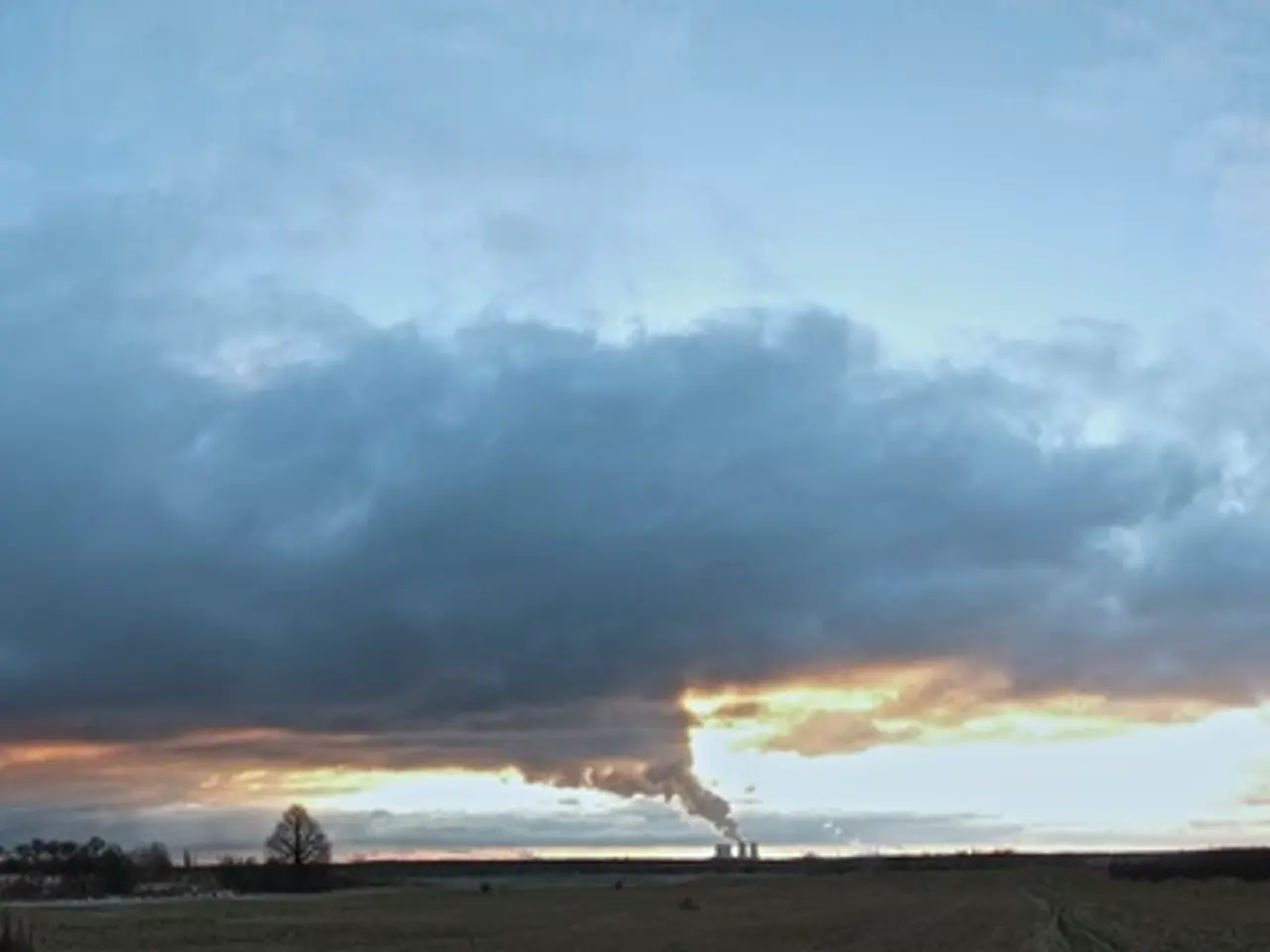Warning issued on damage from fire-related toxins
Wildfires in Portugal Cause Severe Long-term Damage
Wildfires in Portugal have been causing significant long-term damage, affecting public health, the environment, and the economy. The high temperatures since August 2nd have led to the declaration of an alert situation.
Public Health Impact
The wildfires contribute to significant air pollution, releasing vast amounts of carbon dioxide and dangerous airborne particles such as PM2.5. These particles are linked to respiratory diseases, heart attacks, strokes, and premature deaths. Research indicates that wildfire smoke may have contributed to over 100,000 deaths annually in Europe during the early 21st century. The persistent exposure to smoke during longer and more intense fire seasons exacerbates public health burdens in affected regions.
Environmental and Ecosystem Impact
Wildfires devastate large tracts of natural vegetation, degrade soil quality, and disrupt ecosystems. In Portugal, fires have burned hundreds of thousands of hectares, including forests critical for biodiversity and carbon sequestration. The loss of vegetation and soil degradation reduce natural ecosystem resilience, hinder wildlife habitats, and accelerate landscape fragmentation.
Economic Losses
Portugal faces high economic costs due to wildfires, estimated at 60-140 million euros annually. These costs reflect damage to forestry, agricultural production, infrastructure, and property. Specific drought events worse by climate change have caused losses of around 200-290 million euros. The forestry sector is particularly affected as the majority of forest areas are unmanaged or abandoned, increasing wildfire risks.
Contextual Factors
Climate change is intensifying wildfire frequency and severity in Portugal through longer heatwaves, reduced precipitation, and more extreme weather patterns. This aggravates vulnerabilities in land management and rural demographics, requiring urgent adaptation and improved forest and fire management policies.
Immediate Impacts
The immediate impacts of wildfires include enormous air pollution, the destruction of houses, agricultural and livestock farms, and forest areas. Wildfires produce enormous quantities of fine particles and nitrogen oxide, harmful to health and the environment. The destruction of the landscape affects various economic activities, starting with tourism, and affects the lives of people closest to or in the burned area.
Long-term Consequences
After wildfires are extinguished, soil erosion, floods, or landslides can occur. Burned areas, whether brush or agriculture, serve as a form of carbon storage. The loss of this carbon storage contributes to climate change. Economic and ecological losses from wildfires are estimated in the hundreds of millions of euros.
Casualties and Injuries
The wildfires have resulted in two deaths, including a firefighter, and several injuries.
Pollution Warning
Francisco Ferreira, the president of environmental organization Zero, warned about the dangers of pollution caused by wildfires. He highlighted the "direct mortality" of wildfires on fauna, flora, nests, burrows, micro-habitats, and soil organisms.
Portugal's mainland has been affected by multiple wildfires since July, primarily in the North and Center regions. Wildfires allow ashes to deposit in water lines, posing a potential threat to water supplies. The government has responded with emergency measures to aid rebuilding and mitigate impacts, but long-term solutions depend on addressing climate risks and land-use fragmentation.








